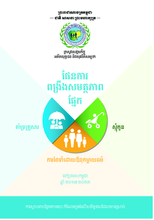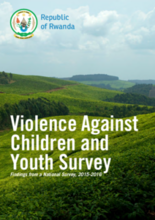Displaying 411 - 420 of 947
This study examined the prevalence of maltreatment and violent discipline from both the adolescents’ and parents’ perspectives.
A First Nations child welfare organization has prioritized further understanding of reunification and parenting, including identification of successes and barriers to reunification, and service needs within communities. These priorities were addressed with a community-based participatory research model and guided by a Research Advisory.
This article outlines exploratory research in establishing a role for social work in child protection in Indonesia.
This is the first study in Ghana to explore child protection workers and parents’ experiences on participatory practices.
This multimethod qualitative study in 4 high‐migration communities in East Lombok, Indonesia, explored the strategic actions migrant parents take regarding birth registration.
The Community Opportunity Map is a tool that allows users to see localized indicators connected to community health and maltreatment prevention.
This Plan presents key findings and 23 recommendations, sub-divided into short-term, medium-term and long-term actions, for an effective and efficient implementation of foster care, adoption and family support in Cambodia.
The present study examined the effectiveness of Family Group Conferencing (FGC) in child welfare in the Netherlands.
This video from Rise Magazine is designed to include in training for caseworkers, visit coaches, parent advocates and other frontline staff who will supervise or support parents during visits with children in foster care.
This report presents findings from the national Violence Against Children Survey (VACS), administered in Rwanda from 2015-2016, and lays out recommendations for addressing and preventing violence against children based on those findings.


